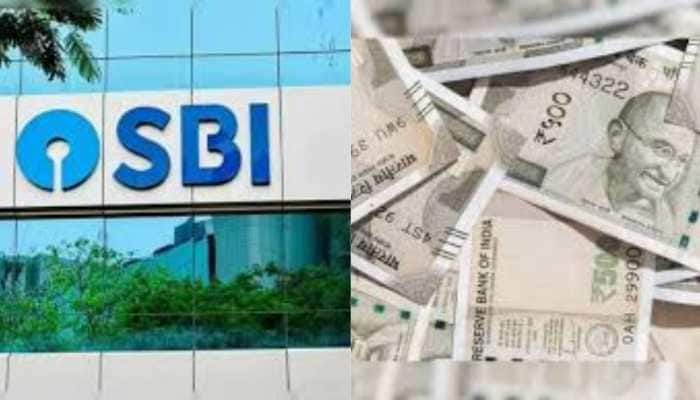Amit Shah’s BIG Warning To Opposition: 'ED Action Will Continue No Matter Who Heads The Agency'
The Union Home Minister said those rejoicing over the Supreme Court decision on the ED case are delusional.
Trending Photos
)
New Delhi: Union Home Minister Amit Shah said on Tuesday said that whoever heads the Enforcement Directorate is not important because whoever assumes this role will take note of the rampant corruption of a cosy club of entitled dynasts who have an anti-development mindset. Shah said this hours after the Supreme Court held as illegal the third extension granted to the Enforcement Directorate chief Sanjay Kumar Mishra and curtailed his extended tenure to July 31.
The Union Home Minister said those rejoicing over the Supreme Court decision on the ED case are delusional for various reasons: the amendments to the CVC Act, which were duly passed by the Parliament, have been upheld.
Those rejoicing over the Hon'ble SC decision on the ED case are delusional for various reasons:
The amendments to the CVC Act, which were duly passed by the Parliament, have been upheld.
Powers of the ED to strike at those who are corrupt and on the wrong side of the law… — Amit Shah (@AmitShah) July 11, 2023
The senior BJP leader said the powers of the ED to strike at those who are corrupt and on the wrong side of the law remain the same as the ED is an institution which rises beyond any one individual and is focused on achieving its core objective - i.E., to investigate offences of money laundering and violations of foreign exchange laws.
"Thus, who the ED director is - that is not important because whoever assumes this role will take note of the rampant corruption of a cozy club of entitled dynasts who have an anti-development mindset," he said.
ALSO READ: Who Is Sanjay Mishra, The ED Boss Who Is Pivotal to Centre's Fight Against Corruption?
Extension Of SK Mishra’s Tenure ‘Illegal’: SC
It may be noted that the Supreme Court on Tuesday termed the third extension of tenure granted to the Enforcement Directorate chief Sanjay Kumar Mishra as 'illegal' but allowed him to continue on the post till July 31, 2023. A bench of Justices BR Gavai, Vikram Nath and Sanjay Karol said in view of the peer review being conducted by the Financial Action Task Force (FATF) this year and to enable a smooth transition, Mishra's tenure will be till July 31.
The top court also directed the Centre to look for a new chief for the central probe agency, adding that "Mishra's extended term violates the mandate of a judgment in 2021.'' The bench gave the verdict on a batch of petitions, including those filed by Congress leaders Randeep Singh Surjewala and Thakur, and TMC's Mahua Moitra and Saket Gokhale.
Mishra, a 1984-batch IRS officer, was otherwise to remain in office till November 18, 2023, according to the notification issued by the government earlier. The bench, however, affirmed the amendments of the Central Vigilance Commission Act, and the Delhi Special Police Establishment Act to extend the tenure of ED director for a maximum of five years.
On May 8, the top court had reserved its verdict on a batch of pleas challenging the third extension of service granted to the Enforcement Directorate chief which was defended by the Centre on grounds of the peer review being conducted by the FATF. The top court had on December 12 last sought the response from the Centre and others to a plea challenging the third extension granted to Mishra.
In February this year, the Centre defended its decision to grant an extension to Mishra as the director of the Enforcement Directorate and urged the top court to dismiss the plea challenging the decision saying that the petition is motivated. The central government made its submission on an affidavit filed countering the submission of the petition challenging the extension of the ED director.
Mishra, 62, was first appointed the director of the ED for two years on November 19, 2018. Later, by an order dated November 13, 2020, the central government modified the appointment letter retrospectively and his two-year term was changed to three years. The government promulgated an ordinance last year under which the tenure of the ED and CBI chiefs could be extended by up to three years after the mandated term of two years.
Stay informed on all the latest news, real-time breaking news updates, and follow all the important headlines in india news and world News on Zee News.
Live Tv







)
)
)
)
)
)
)
)
)
)
